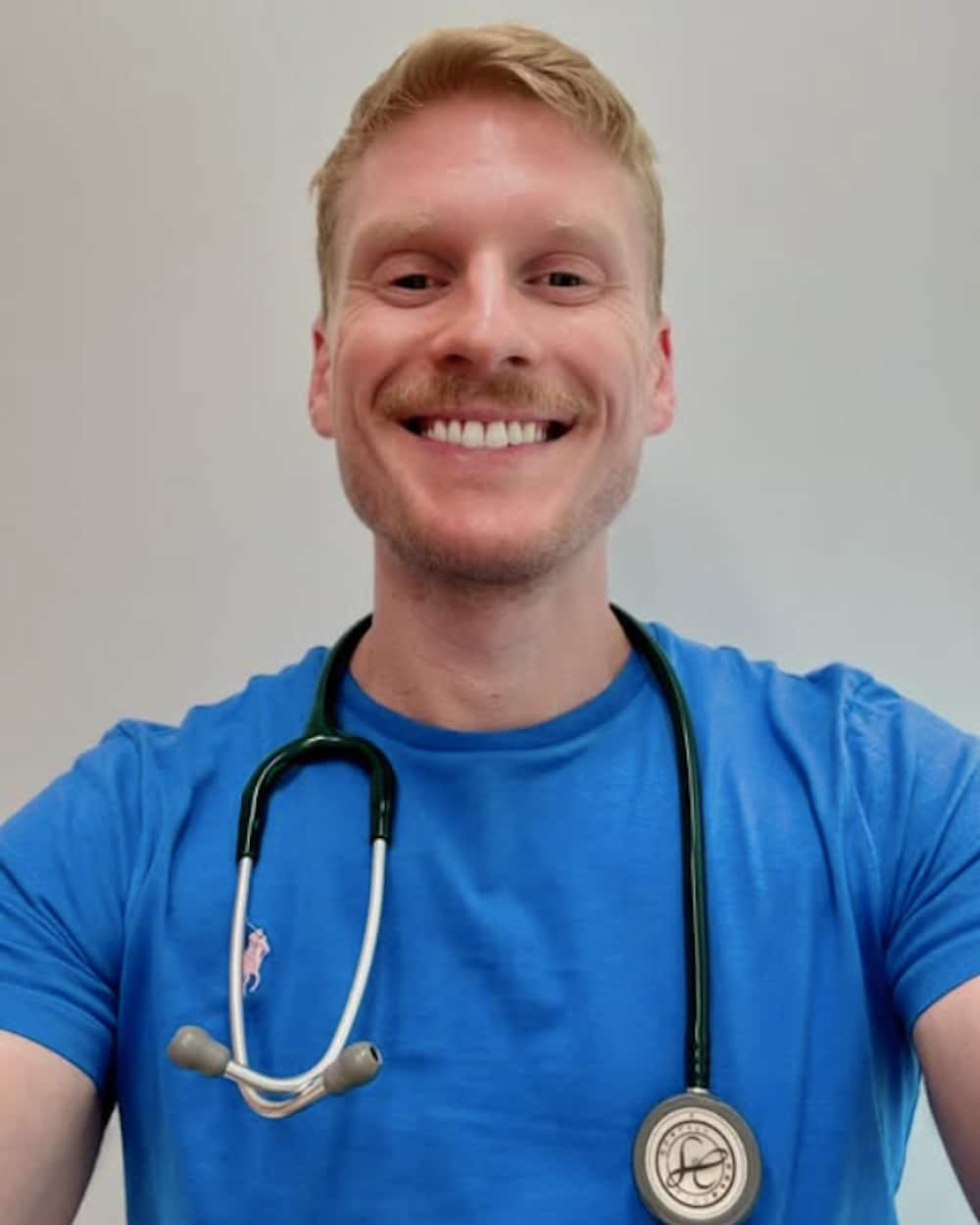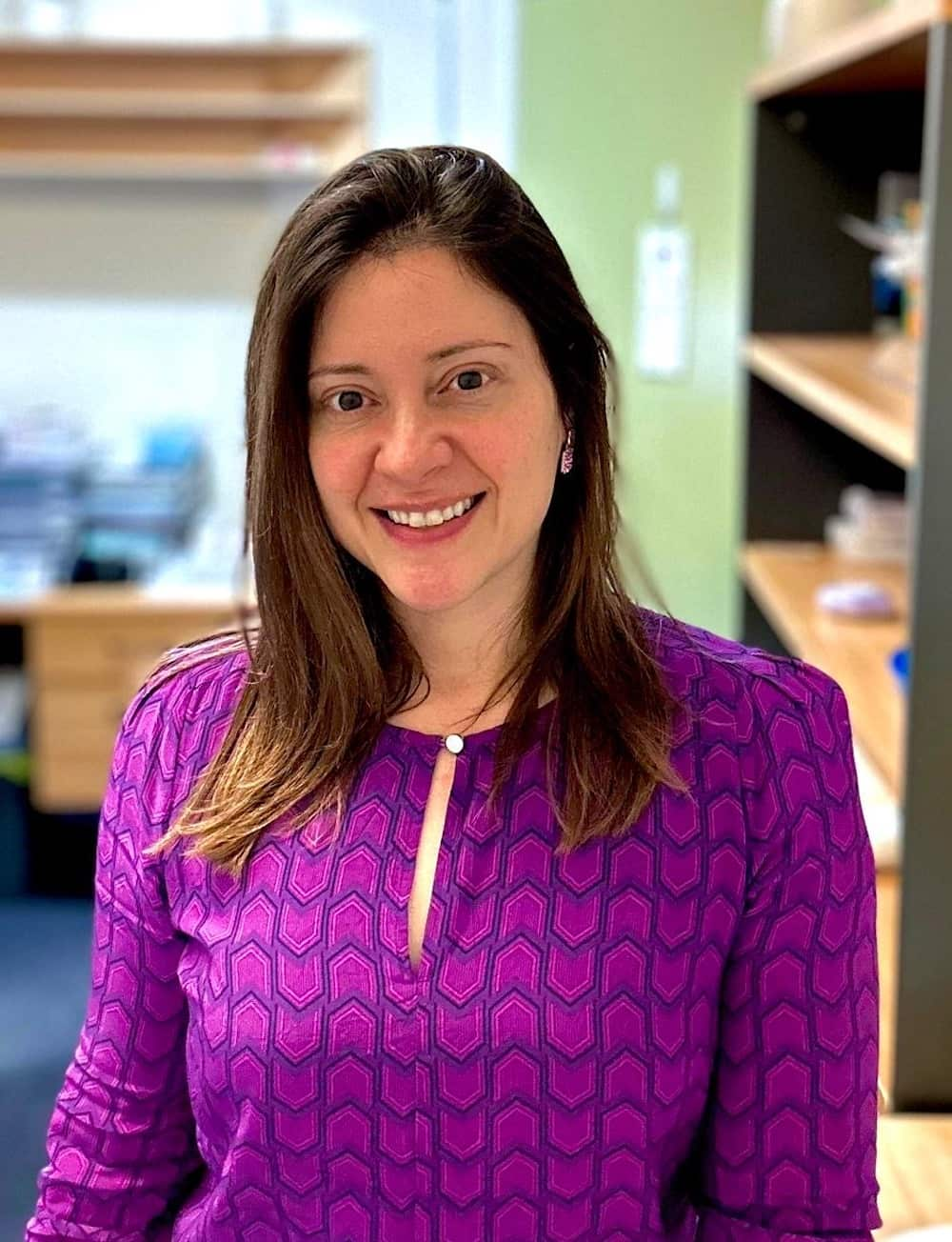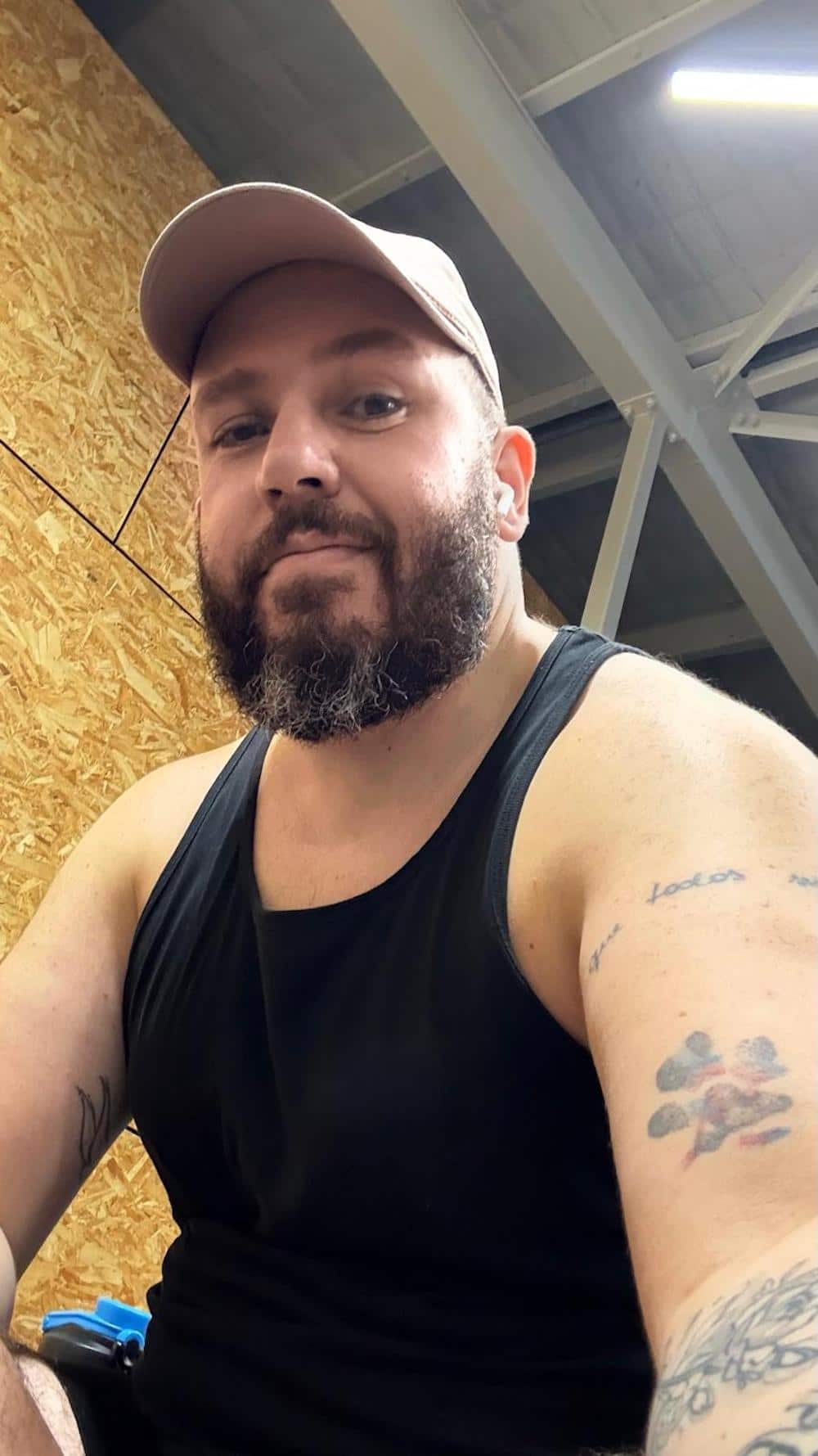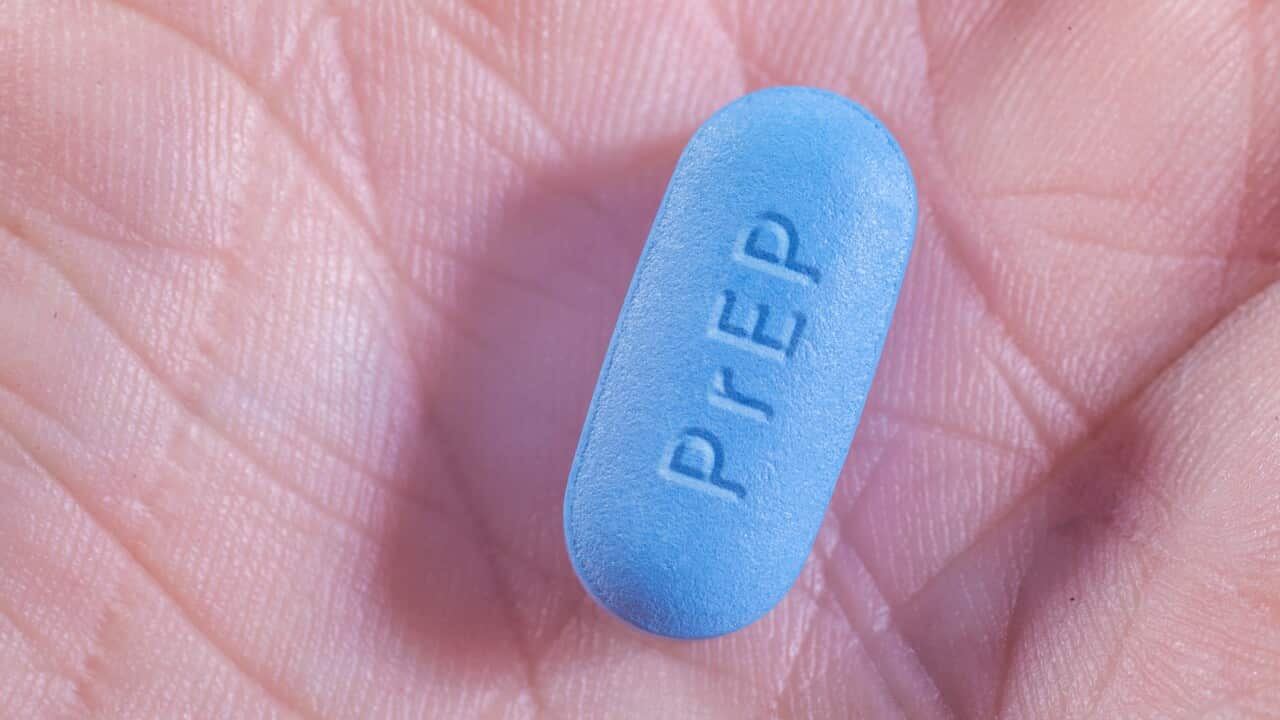PrEP (pre-exposure prophylaxis) is a daily pill that, when taken exactly as prescribed, reduces the risk of contracting HIV through sex by more than 99%. It only protects against HIV, not other STIs such as gonorrhoea, chlamydia, genital herpes, or syphilis.
Sydney-based GP Ryan Holmes describes PrEP as “one of the safest and most effective tools for HIV prevention", even more reliable than condoms. “It works by building up protection in your body so that if the virus enters, it can’t cause an infection”.

He has prescribed the pill for more than seven years.
“Patients are required to have blood tests every three months to renew their prescription. As GPs, we are the main providers of PrEP in Australia and are well placed to start, screen, and monitor patients.”
Side effects are rare, Holmes adds: “Most people tolerate it well. Mild issues such as nausea, headaches or slight kidney changes usually disappear within weeks under medical supervision.”
Access in Australia
PrEP was first introduced in Australia in 2014, approved by the Therapeutic Goods Administration (TGA) in 2016, and added to the Pharmaceutical Benefits Scheme (PBS) in 2018, making it free or low-cost for many users.
• International students and unemployed people: free via the PrEPMe program.
• Aboriginal and Torres Strait Islander peoples: free under Close the Gap.
• With Medicare: maximum of A$31.60 per month (dropping to A$25 in 2026).
• Without Medicare: about A$60 at pharmacies.
• Online (with Australian prescription): around A$25 via pan.org.au, delivered to your door.
The stigma barrier
Despite its proven effectiveness, PrEP is still often associated only with gay men. Melbourne Sexual Health Centre director Dr Jason Ong says this narrow view leaves many people uninformed and unprotected.
“Many still think - including some doctors - that HIV is just a problem for gay men. That discourages heterosexuals from considering PrEP, even when it could benefit them.”Dr. Jason Ong, director of Melbourne Sexual Health Centre.
He believes public messaging needs to change:
“Government health campaigns should target all sexually active people, regardless of gender or orientation. That would help remove stigma and normalise PrEP as a prevention option for anyone who needs it.”

“Straight patients test less for HIV”
Brisbane GP Camila Marques de Castro, who has 15 years of experience, says only in the past year has she started receiving inquiries about PrEP - exclusively from gay men.
“In my practice I haven’t seen heterosexual men or women asking for it. Many straight patients come in after unprotected sex, but often request tests only for chlamydia or gonorrhoea. It’s crucial to also offer HIV testing and discuss PrEP.”

Women and PrEP.
Mariana (not her real name), a 34-year-old Brazilian living in Sydney, identifies as heterosexual and started PrEP recently. She asked to remain anonymous.
“I date a lot through apps and wanted more control over my health. For me, PrEP is empowerment - it makes me feel safe. Straight people are also at risk of HIV, but many ignore it.”
She first learned about it on a US TV series:
“I’m the only one among my friends who takes PrEP. There’s still this wrong idea that it’s only for gay men. I talk about it with my straight friends and they’re shocked it even exists. The government needs to promote it more. Information saves lives.”
Dr Marques de Castro adds that women who have sex with women can also be at risk, through exposure to blood or vaginal secretions, sharing unwashed sex toys, or sex involving sores such as herpes that facilitate HIV entry.
It is important to mention that women can also be at risk of contracting HIV, including women who have sex with women.Camila de Castro, Brisbane GP.
Gay men’s experiences
Lucas Cabral, 28, an event producer in Sydney, has taken PrEP for five years:
“I first heard about it on a gay dating app. Many men already used it and didn’t want to hook up with someone who didn’t. I did my research, talked to doctors, and started taking it.”
Today, he prefers partners who also use PrEP:

“It makes me feel safer, because I know they get tested regularly. I still use condoms sometimes for STI protection.”
For João Paulo Coutinho, 42, who works in finance in Adelaide, PrEP brought peace of mind after he and his long-term partner opened their relationship:
“I grew up in the ’80s and ’90s, when HIV was seen as a monster, especially for gay men. I lived with fear. PrEP changed my relationship with sex - I trust it and take it daily. It gives me security, especially in casual encounters.”

Australia’s 2030 goal
Science has made significant progress in HIV prevention, offering safe and effective options such as PrEP. Experts stress that the most important step is to always consult a doctor or healthcare professional before starting any preventive treatment.
Aligned with UNAIDS’ global target, the Australian government aims to eliminate new HIV transmissions by 2030, highlighting the crucial role of PrEP alongside other prevention strategies.
Para ouvir, clique no botão 'play' desta página.
Siga a SBS em Português no Facebook, Twitter, Instagram e You Tube.
Ouça os nossos podcasts. Escute o programa ao vivo da SBS em Português às quartas-feiras e domingos ao meio-dia.
Assine a 'SBS Portuguese' no Spotify, Apple Podcasts, iHeart Podcasts, PocketCasts ou na sua plataforma de áudio favorita.



